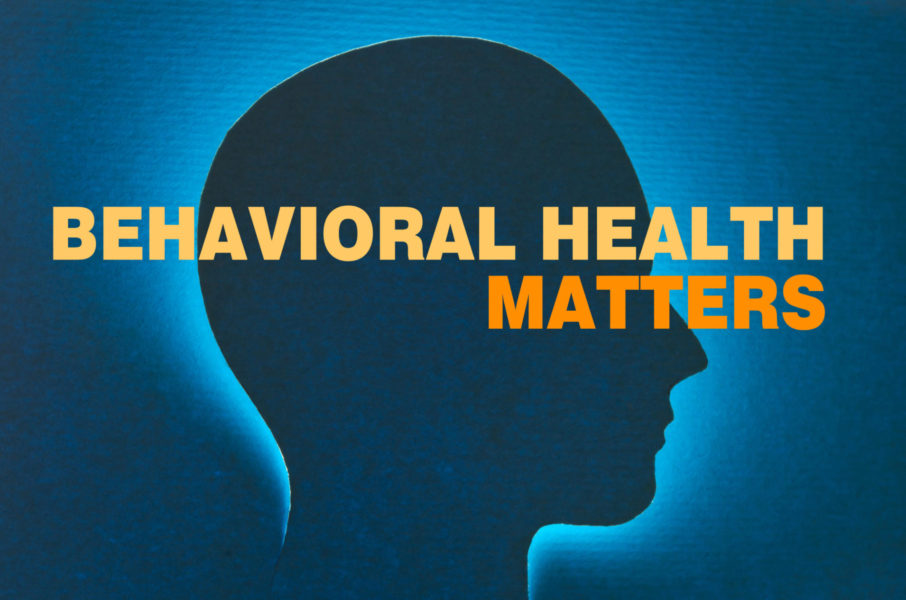Behavioral Health Matters: Schizophrenia
Schizophrenia is a mental health problem that is rife with misconceptions. Some of this can be rightfully attributed to its complexity as a mental health illness, though misrepresentation of the illness in popular culture must also be accounted for.
The following are a few examples of some of the more common assumptions about schizophrenia, as well as our attempt to set the record straight.
Myth: People with schizophrenia…
…are inclined towards violence
Of the many false beliefs about schizophrenia and the people that suffer from it, this may be the most harmful. The stigma that people suffering from mental illness are inherently violent has represented a major industry challenge that is still felt very much today.
The reality is that there is no discrepancy between rates of violence for those suffering from schizophrenia and those that aren’t. The same holds true for any mental health condition, according to the Department of Health and Human Services.
…require constant supervision or even confinement
The severity of schizophrenia varies on a case-by-case basis. While it is true that some people with severe cases will need to depend on the support of family and providers, many live independently and carry on with otherwise ordinary lives.
…only come from a particular demographic
The exact cause of schizophrenia is not currently known, although altered brain chemistry, genetics, and environmental factors are thought to be contributors. The reality is any race, gender, or social class can suffer from schizophrenia.
…manage their symptoms exclusively through drug therapy
Drug therapy plays an important role in the management of symptoms, but talk therapy is important for its own set of reasons. A therapist or counselor can help those suffering from schizophrenia to improve social skills, gain valuable insight into mental health issues that accompany the problem, and develop higher self-esteem.
It is important to be mindful that people suffering from schizophrenia often have a pathway toward progress, experience challenges that can be effectively managed, and possess many personal strengths that should be recognized and supported. The elimination of stigma will help to create a more inclusive society, in which everyone—regardless of ability—can play a part.
Interested in helping eliminate stigma? Share this on social media!




